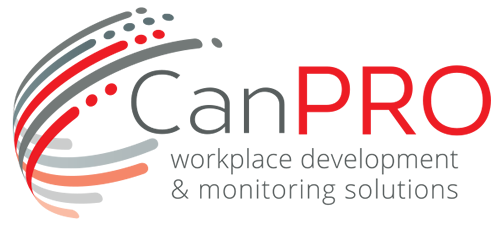The City of Johannesburg (CoJ) says it is working hard to reach its target of providing digital literacy training to more than 720 000 households in the next 12 months.
As part of its developmental service delivery model called Jozi@work, CoJ has injected R80 million towards the Jozi Digital Ambassadors Programme which has rolled out 1000 WiFi hotspots throughout Johannesburg.
The CoJ runs the Jozi Digital Ambassadors Programme in partnership with the University of Johannesburg, which says it aims to train 3 000 digital ambassadors who will educate residents in digital literacy.
Liesel Kirsten, Jozi Digital Ambassadors programme manager, says the recruitment and assessment of digital ambassadors, which begun last year, has currently produced 85 fully trained youths who are deployed in various parts of Johannesburg such as taxi ranks, in the city centre, Soweto and more.
“The aim of the project is to train Johannesburg residents and enable them to use and benefit from the broadband connections in various parts of the city.
“Residents are trained to access online services including banking and digital map navigation as well as interact through the Maru a Jozi portal that allows access to a range of online services,” she reveals.
Kirsten explains there are currently around 10 000 Johannesburg residents who have been connected to WiFi services and are making use of the Maru a Jozi portal.
She explains Maru a Jozi, a Setswana phrase for “Joburg cloud”, is an easy-to-use portal that controls the user’s access to Web content and services that are zero rated on the city’s smart WiFi network. It enables one free access to services such as work and job-search tools.
According to CoJ there are currently 18 schools in Soweto that have made use of the City of Joburg Free WiFi, where learners have been trained by Digital Ambassadors on how to access the hotspots and use the City’s portals.
CoJ has also made free WiFi available at over 50 public libraries across the city.
“The Digital Ambassadors receive ongoing training in digital, business and life skills as well as mentorship from UJ students.
“They are provided with tablets, branded clothing and marketing material to reach the targeted 720 000 residents of the CoJ by February 2016,” says Kirsten.
She adds the digital ambassadors who earn R50 per activation are also trained in sales and marketing.
However, Kirsten admits implementing the initiative has been far from smooth sailing.
“Implementing the WiFi hotspots has been slower than expected due to a few hiccups, and the digital training which is provided to the youth is very new. Preparing them to become micro- entrepreneurs has been harder than expected.”
She explained the CoJ is working to increase the number of hotspots in various areas around Johannesburg.
However she’s optimistic enough to see the light at the end of the tunnel.
“Through the Digital Ambassadors Programme ‘job seekers’ will be turned into ‘job makers’ to provide crucial services in the utilisation of the high speed broadband of the city.”
In addition to increasing the digital footprint of the city, the programme will further create an online platform for innovation, economic growth and community development, says Kirsten.


